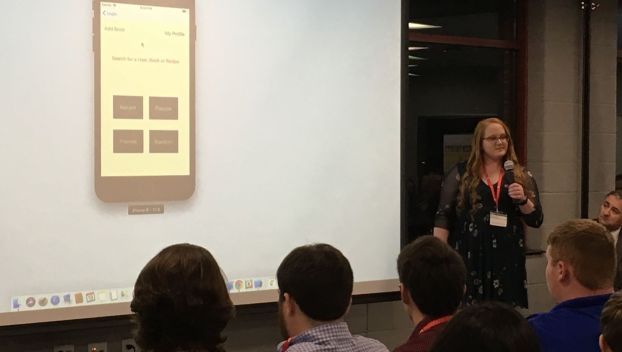
News
Barren County Schools honors first class of Interapt program
GLASGOW – A program designed to teach Barren County High School students and adult community members skills needed ... Read more

GLASGOW – A program designed to teach Barren County High School students and adult community members skills needed ... Read more
As many as 36 Indian graduate students initially recruited to study computer science at Western Kentucky University have ... Read more
The FBI is already warning the public to be wary of scams involving people looking for hurricane relief ... Read more
Identity theft and fraud are concerns after the latest string of local consumer data leaks. Anthem Insurance recently ... Read more

Repeat after me: If it sounds too good to be true, it is. You are now inoculated against ... Read more